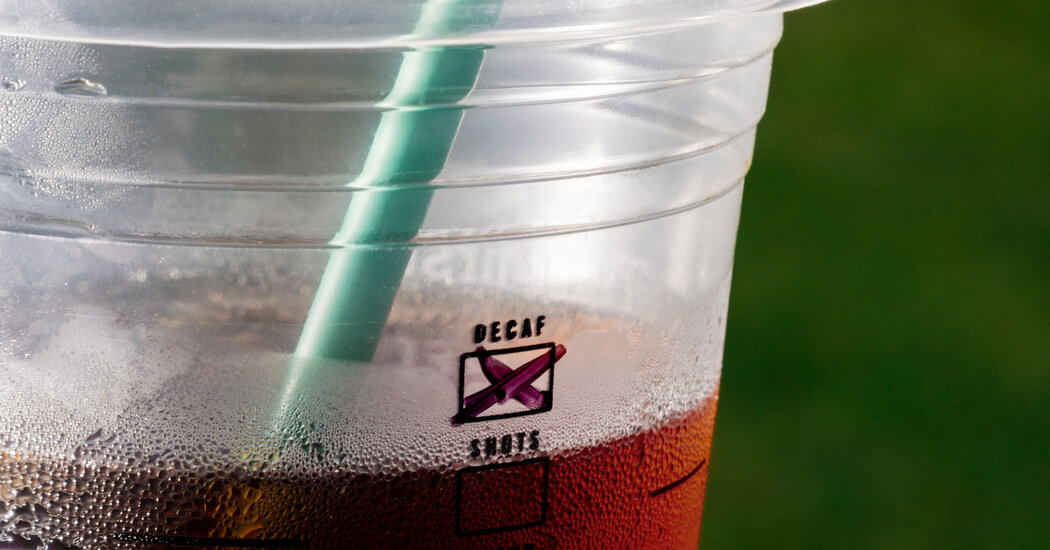Q: I enjoy coffee but dislike how caffeine makes me feel, so I drink decaffeinated coffee. Are there any health risks?
Drinking coffee is a key component of many people’s morning routine, offering energy along with an earthy aroma and nutty flavor.
But indulging in a cup can bring unwelcome effects. An eight-ounce brew can contain between 80 and 100 milligrams of caffeine, which can also cause jitters, anxiety and trouble falling asleep.
“For some people it’s, ‘I want to be able to drink coffee in the afternoon because I really like the taste, but I don’t want to be up all night,’” said Eric Brenner, the assistant director of the Center for Coffee Research and Education at Texas A&M University.
Decaffeinated coffee, generally stripped of at least 97 percent of its caffeine, is a tasty alternative. But some health advocacy organizations have raised concerns about a chemical used in the decaffeination process because it may raise the risk of some cancers.
Should you worry? Here’s what experts say you should know.
How is coffee decaffeinated?
There are several ways to make decaffeinated coffee, but two common methods use the chemicals methylene chloride or ethyl acetate to extract and dissolve caffeine from coffee beans.
